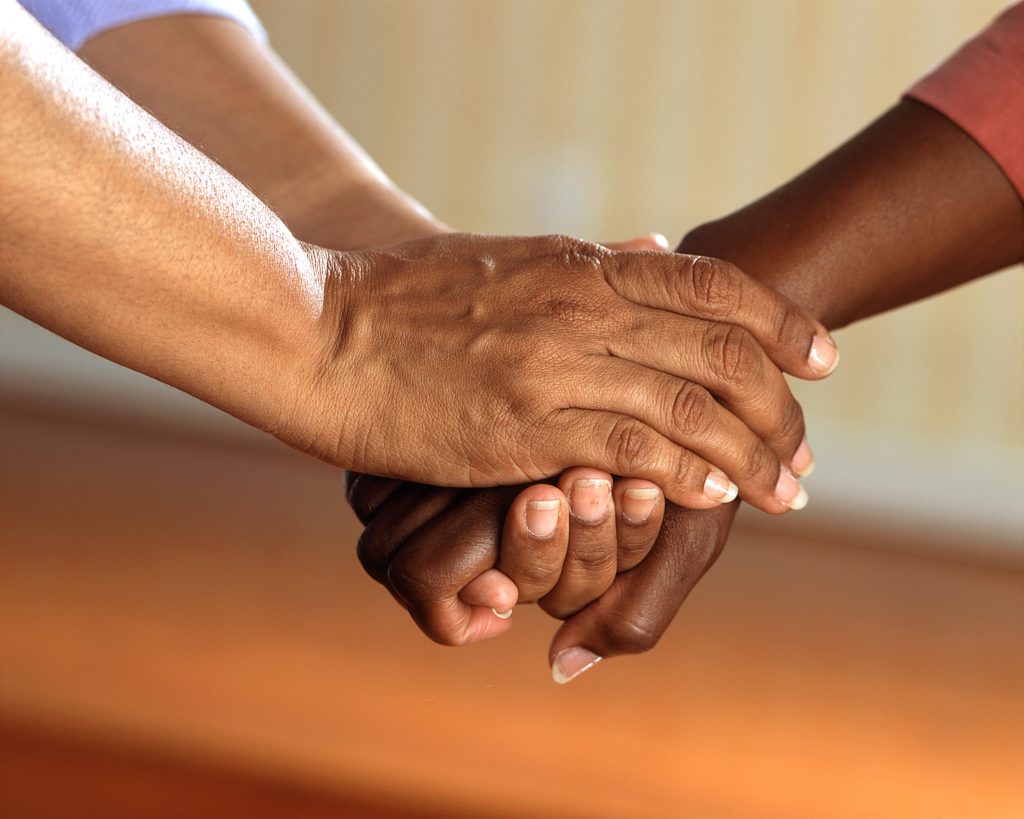Suicide Prevention Month comes with a lot of public health information on suicide prevention as well as statistics and education about new resources aimed at reducing the incidence of suicide. However, despite best efforts, sometimes we still lose people. As the twelfth leading cause of death in the general population, the second for people aged 10-14 and 25-34, the third for 15-24-year-olds, and fourth for those 35-441, as well as a significant risk for middle-aged men and the elderly, it is likely that you or someone you know will be impacted by a loss by suicide.
Those who lose someone they care about to suicide are often referred to as suicide “survivors.” While losing someone you care about for any reason is challenging, a loss by suicide can carry with it unique, complicated grief. If you or someone you know loses someone to suicide, this information may help you cope.
Suicide Often Results in Complicated Grief
One of the most difficult parts of a loss by suicide is the shock that accompanies the loss. For those who have seen Alice in Wonderland, the scene where Alice falls down the rabbit hole and everything is upside down, confusing, and disorienting, is a good mental picture of the way the world seems to lose its mental “footing” during this type of loss and shock.

Because our brains do not like to feel so disoriented and ungrounded, people tend to respond in one of a couple of ways to initially cope with a loss by suicide. The first, as mentioned, is shock which may play out as feeling numb or detached. When someone experiences trauma (which loss by suicide can be) numbness can protect the mind from overwhelm. On the flip side, some survivors experience intense emotions like anger or sadness that may feel like they come in “waves” as they attempt to process the loss.
Similarly, some people experience denial, feeling as though they aren’t affected while their brain takes time to process the information. It is not uncommon for some people to have a delayed reaction to loss by suicide until they have time to analyze the loss and emotions.
Because our brains want to make sense of things that are disorienting, many survivors struggle with guilt or a strong desire to understand “why” the loss happened. These thoughts can feel almost obsessive, taking up a large portion of a survivor’s thinking as they attempt to understand how this loss could have been prevented and/or want to understand everything they can about what the person they lost was feeling, thinking, etc.
Risks and Challenges Associated with Loss by Suicide
A loss by suicide has unique risks and challenges. One of the most difficult is that the concept or act of suicide has a complicated historic relationship with morality, religion, personal or family image, etc. While we know that suicide is a mental health crisis that deserves compassion and understanding but, for some, the stigma remains. It is important that those who lose someone to suicide find support from people who are compassionate toward this type of loss, rather than critical or shaming.

While thoughts of death are not uncommon after losing someone close to you by any means, the intensity of losing someone by suicide can increase this possibility. It is important to know that feeling as though the pain is too much to handle or having thoughts about your own death are not unusual. As with any loss, grief never “disappears” but the intensity will decrease over time. Until it does, get the support you need from friends, family, and/or professionals. If thoughts of your own death feel too intense to handle, seek help in a local medical center or call the National Suicide Prevention Lifeline at 988.
Support & Recovery
“Recovering” from a loss by suicide doesn’t mean getting “over” it. It simply means finding a way to move forward and gain your mental “footing” again. As mentioned, it is essential to find a support network of friends, family, and/or professionals who are compassionate and understanding of this particular kind of loss to help you through.
Additionally, it is important to be patient, knowing that recovery from this type of loss takes time. Survivors of suicide often have “waves” of emotion or experience that feel more normal and others that feel like they are right back in the moment of the original loss. This is a common pattern with traumatic experiences. In time, the waves tend to come less often and with less intensity. Stay present, use your support network, and be patient as your brain works to make sense of what you have been through.
As with any loss or trauma, do your best to take care of yourself, engage in routines that are comforting and helpful, share memories of the person you lost, and return to normal life enjoyment and practices as you are able. If you have lost someone to suicide, you are not alone and, you can find a way forward again.
Helpful Resources
Coping with a Loved Ones Suicide
UT Austin – Students Coping with Suicide Loss
Supporting Someone After a Suicide Loss
References
- National Institute of Mental Health. (2020). Suicide. Retrieved September 22, 2022 from https://www.nimh.nih.gov/health/statistics/suicide
September 22, 2022. By Anne Rulo, Author, Speaker, Therapist. www.annerulo.com. FB/IG/Twitter @annemrulo
